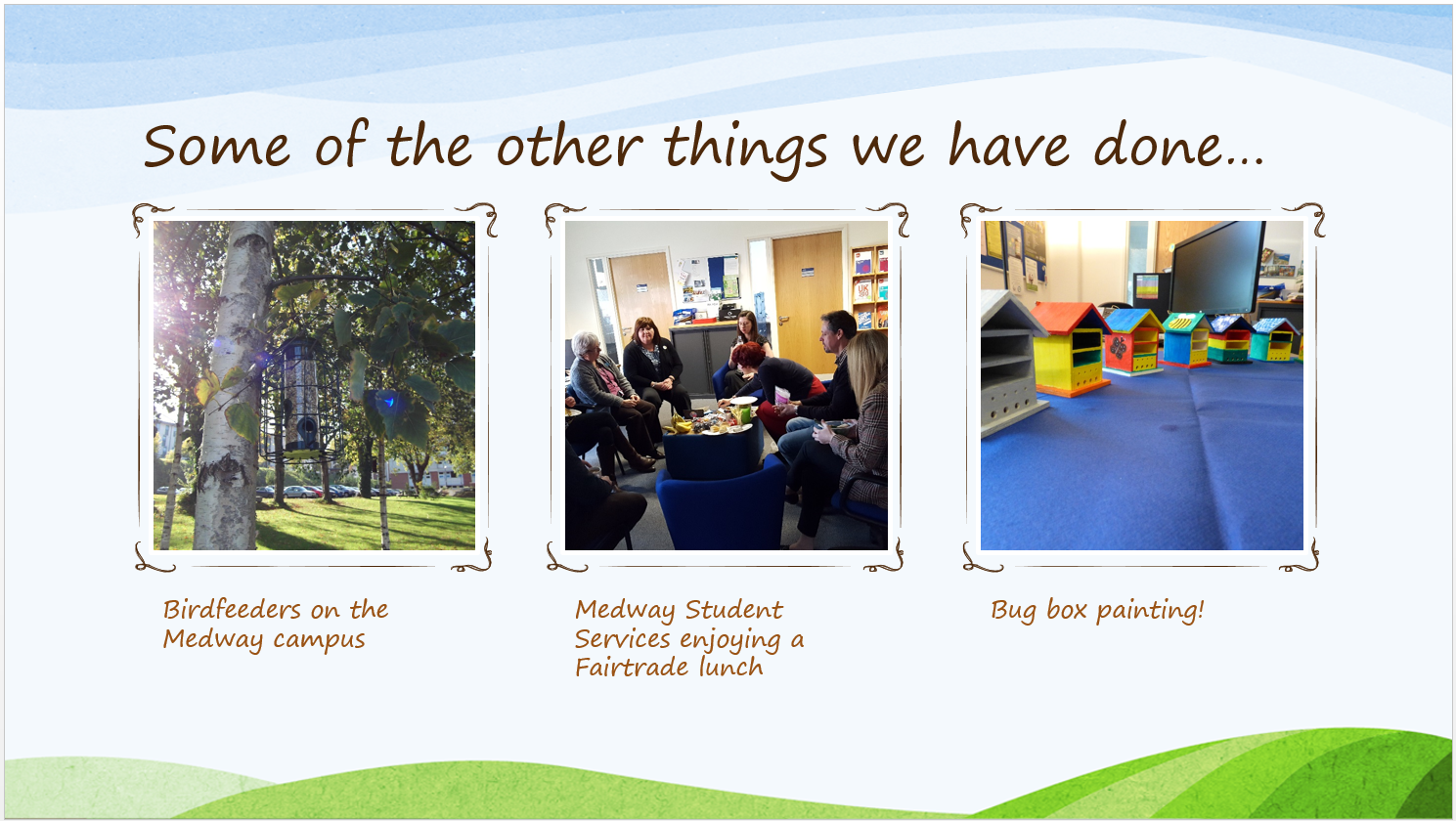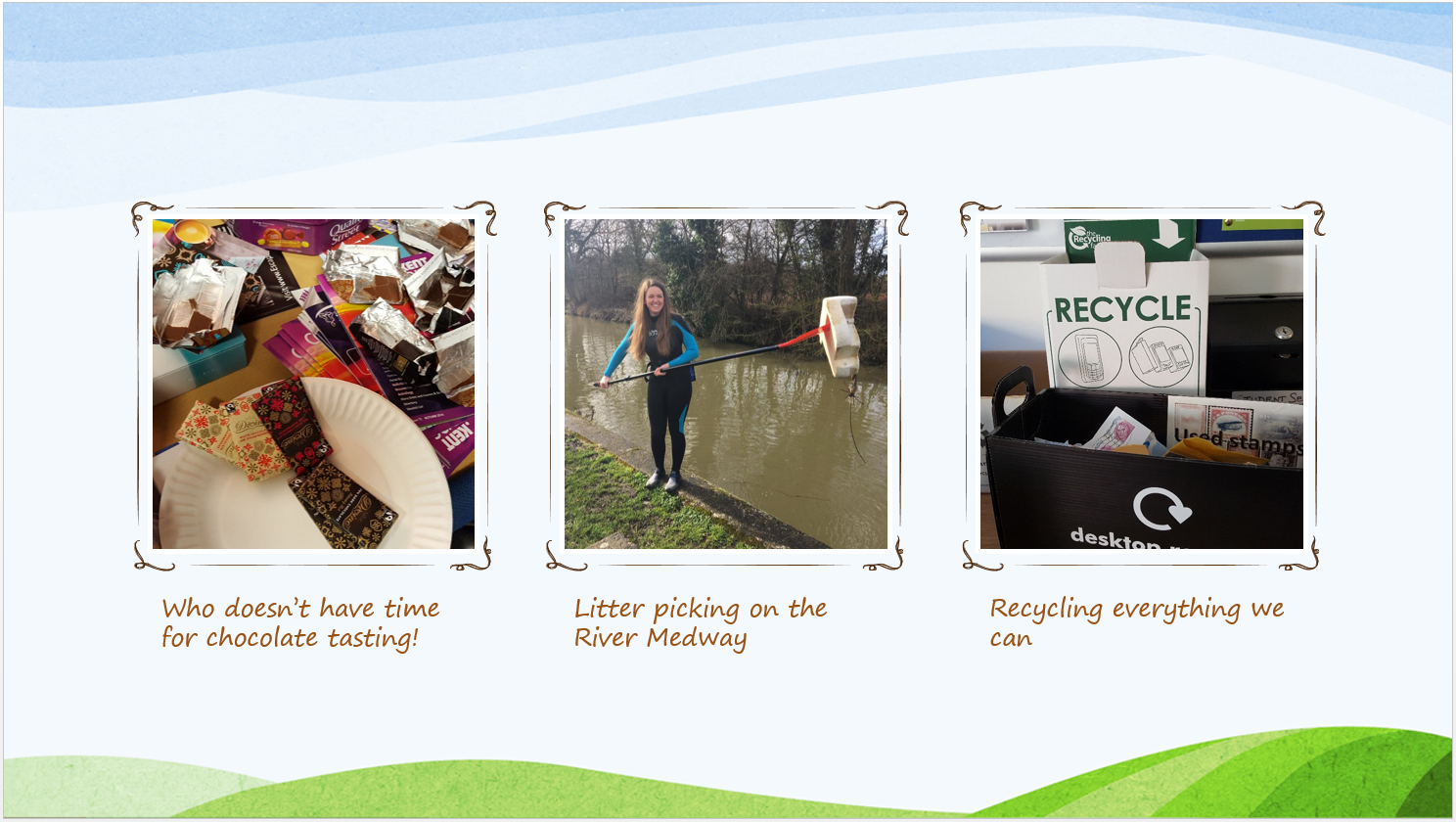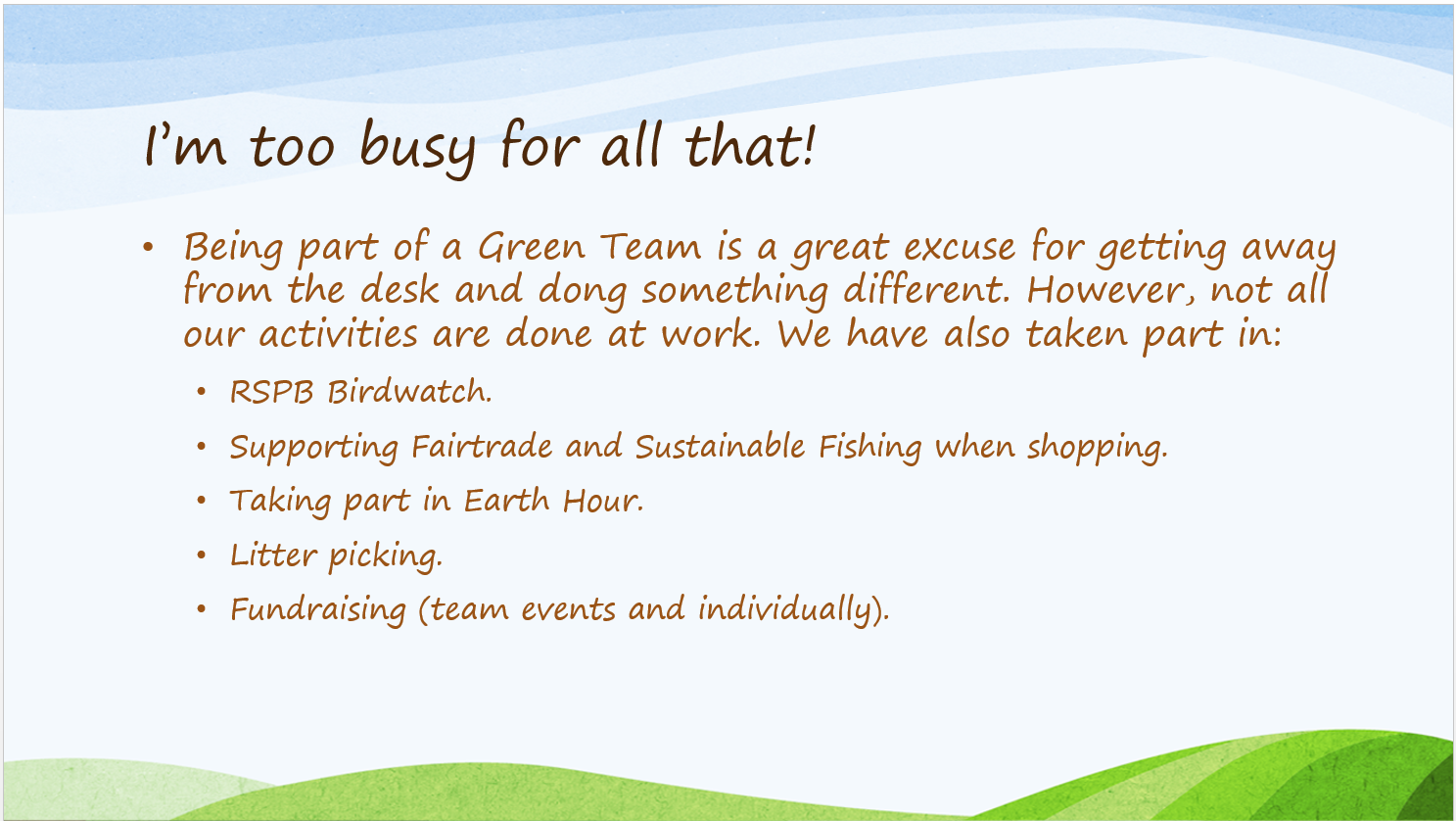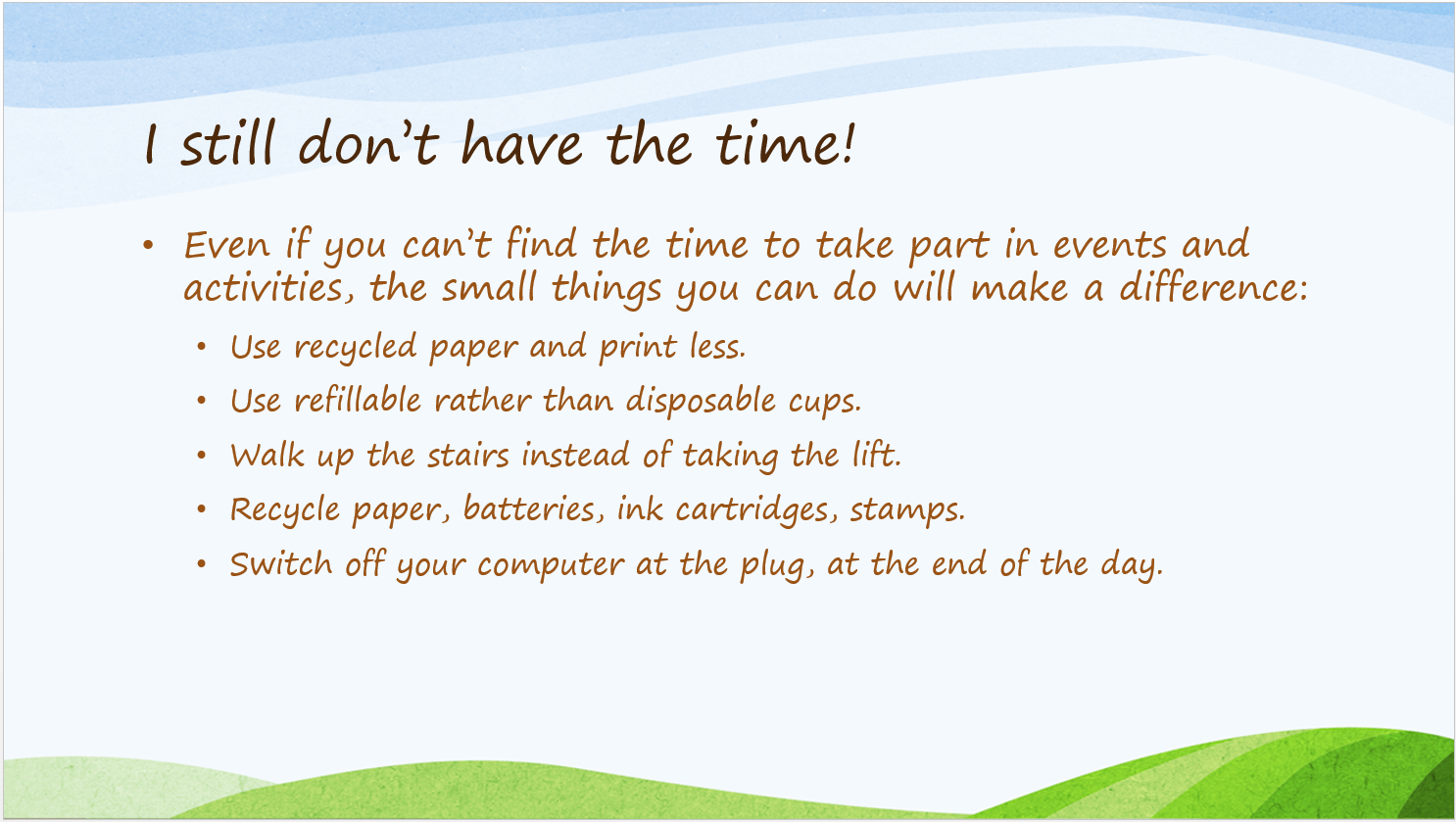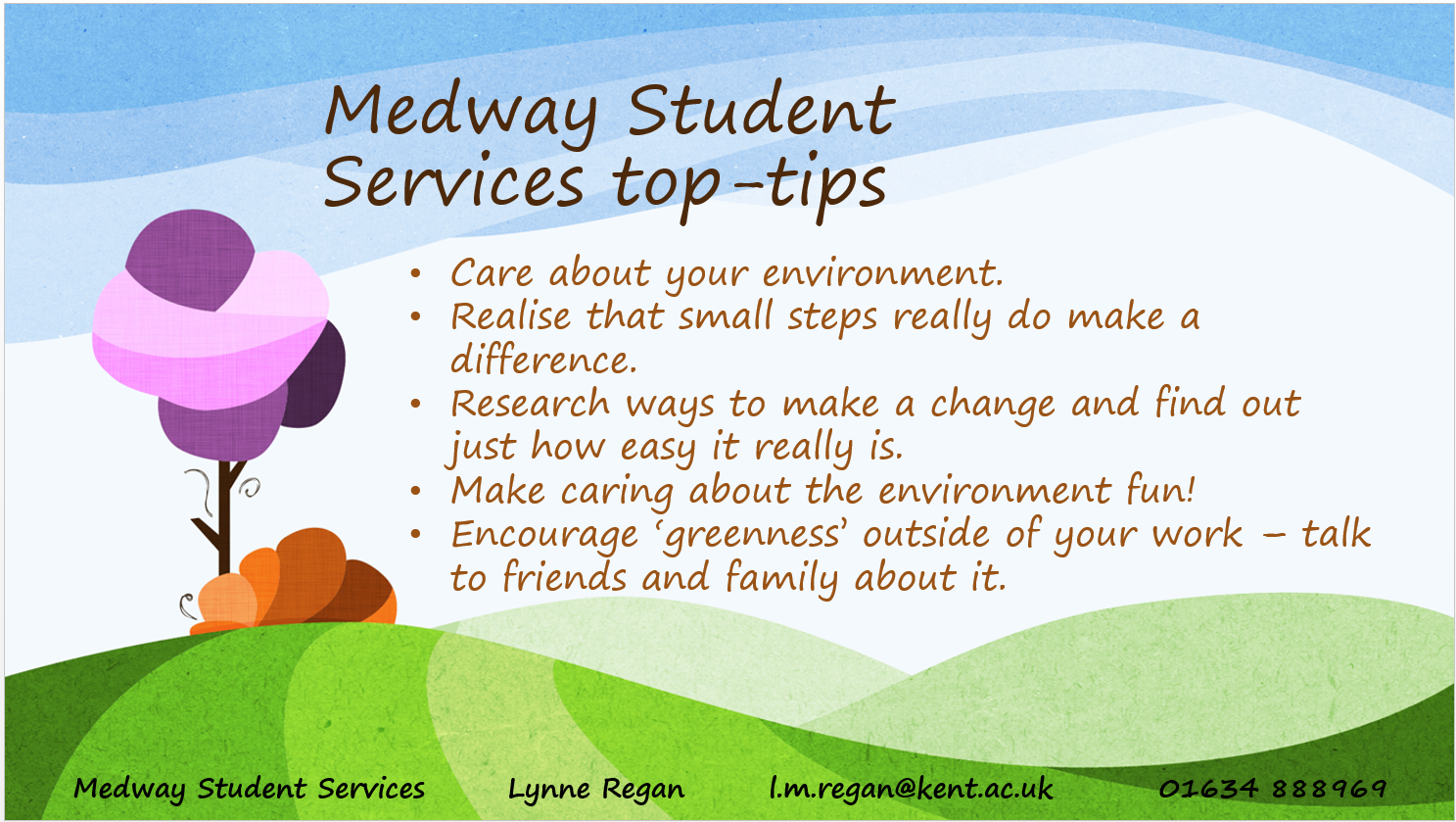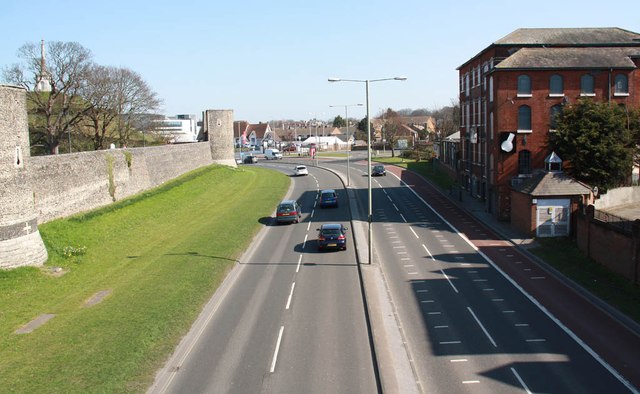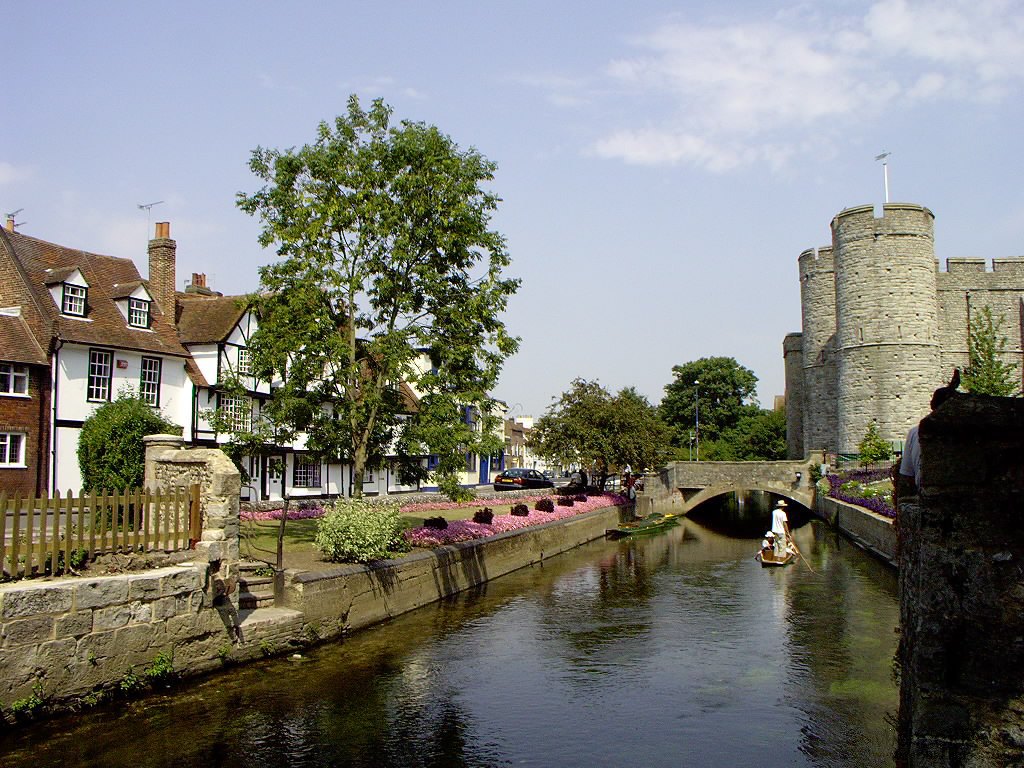This is a guest blog from James Hale, a graduate of the University of Kent. Having studied English and American Literature, James now works as a freelance writer, penning his thoughts on anything and everything of interest. He’s passionate about sustainability, and loves helping to spread the word about how we can all factor it into our day to day lives.
————————————-
For many of us, sustainability has become an integral part of day to day life – we recycle, we habitually turn off lights, and some of us even cycle to work on a regular basis. But when it comes to travelling, these habits tend to get left at the check-in desk. With so much to organise when planning a globetrotting adventure, going green and being eco-friendly are often the last things on our mind. But there are plenty of steps you can take to factor these things into your travels, without sacrificing the quality of your holiday in the process.
Travelling offers us an escape from our day-to-day lives – a chance to explore new cultures in a liberating and exciting way. On the surface, it might seem that factoring sustainability into our travels would be burdensome.
In reality, it’s a lot easier than you might think. You don’t need to go to the ends of the Earth (pun absolutely intended) to make a difference; the key thing is to understand exactly how travel and sustainability are linked, and what you can do about it.

How does travel affect sustainability (and what is being done)?
There are, broadly speaking, two main areas in which travel affects sustainability – the impact it has on the planet, and the impact on the local ecology and economy.
- Impact on the Planet
In terms of the environment, CO² and other greenhouse gas emissions are the most immediately obvious areas in which travel impacts sustainability. Air travel specifically is one of the most damaging culprits – accounting for 2% of all human-induced carbon dioxide emissions annually, and a staggering 781 million tonnes of CO² in 2015 alone.
Fortunately, initiatives are being introduced to reduce these impacts. Airlines are responding positively to carbon-cutting targets, and an increasing number of airports are even fuelling aircraft with alternatives to traditional pollutant fuels.
- Impact on local economy/ecology
Through its ties with the hospitality industry, travel also has a big impact on local economics and ecology.
Simply put, travelers and holidaymakers need somewhere to stay. Unfortunately this has lead to the dominance, in many popular destinations, of international hotels and corporations. Thanks to global supply chains, these often fail to invest in local culture, buy local produce, or hire local staff.
Even alternative, private accommodation options such as second home ownership can be detrimental to local communities. Properties left vacant throughout the majority of the year are a drain on space and resources, and can stall community development. The rise of popularity of property investment funds and other fractional ownership platforms offers some relief to this issue, but it’s still a huge problem for local sustainability.
Similarly, the activities travelers engage in also have a big effect on local ecologies and economies. UNEP found that some 80% of the expenditure of ‘adventure tourists’ goes to international companies rather than local businesses or workers, damaging local economies. There are however some initiatives, such as WHOA (Women High On Adventure), which aim to tackle this in innovative and inspiring ways.
So what can I do when I go travelling?
Fortunately, you won’t need to overhaul your plans, break the bank, or go to any extreme lengths; factoring sustainability into your travels can even save you money. The key thing is to identify which elements of your travel plans are likely to have the biggest impact, and see if you can make small changes when planning your trip, and during your stay.
Before you embark
Firstly, consider the transport you’ll be taking. In many cases, flying will be an inevitability for excursions abroad or to far-off destinations, but you can still make green decisions. Take-off and landings are the most CO²-heavy parts of air travel, so if possible, choose a direct flight with as few stopovers or landings as possible.
If you’re travelling somewhere closer, consider making a more eco-friendly choice than flying. Trains, for example, offer staggeringly lower CO² emissions when compared with aircraft – and are usually cheaper. It can be tempting to simply want to opt for the faster option, but if train travel is an option, it’s worth exploring.
Another thing to think about is where you’re going to stay (which will depend, naturally, on the type of trip you’re taking).
If you’re planning to stay in a hotel, consider sharing rooms – sharing a space inevitably is beneficial in terms of energy consumption and sustainability. If you’re travelling solo, or are backpacking, options like Airbnb or Couchsurfing could enable you to stay with a host in their home, eliminating any affiliation with large, consumptive hotel chains.
It’s also a good idea to be aware of which corporations, businesses and brands you opt to use. There are almost always multiple options when it comes to booking transport and accommodation (particularly if you use comparison sites), and taking the time to do some research – via online ‘green index’ tools, or simply checking company websites for recognised sustainability certificates – can reveal which of your potential choices are most committed to sustainability.
Things to think about when you’re there
The priority during your time spent travelling should be to enjoy yourself – but there are a few simple things you can do to keep things green, which won’t detract from your experiences.
Try to use reusable containers. If you’re shopping, aim to bring at least one reusable bag with you to reduce plastic consumption. In many places it might be necessary to purchase bottled water, but where you can, use a reusable water bottle too. This is particularly important if you’re backpacking, and it will save you money too – all those Evian bottles add up!
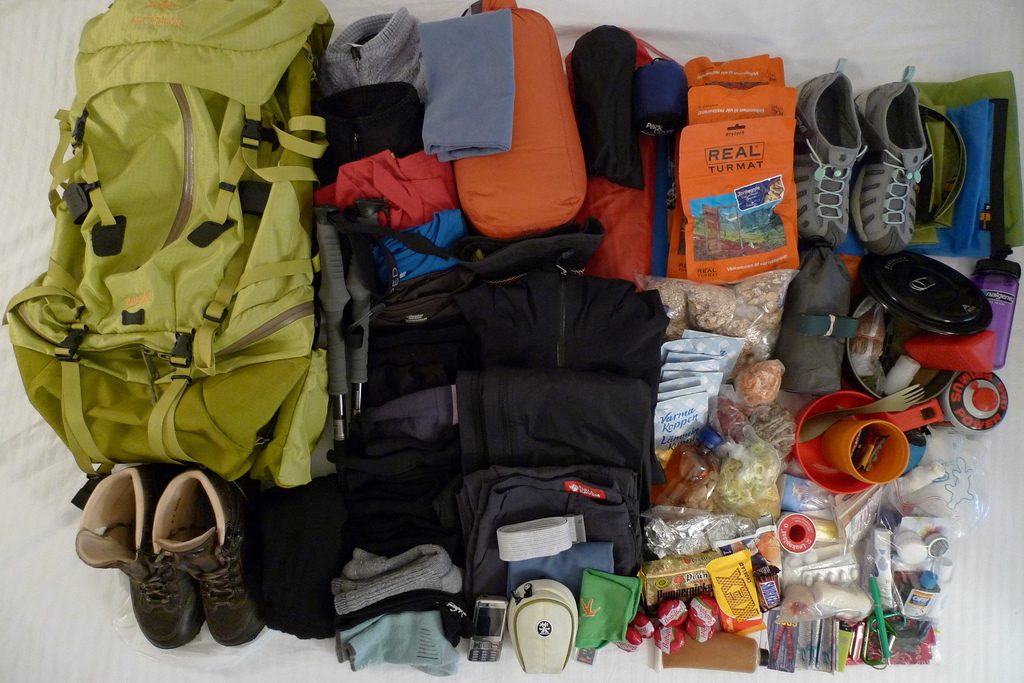
Think about where you’re shopping too; if you only need a few ingredients for some evening cooking, then shopping at a small local business is a more sustainable option than choosing to visit a huge multi-national supermarket (as tempting as this can be). It’ll also give you a far more authentic taste of the local community and culture, so it’s a win-win. If you’re eating out, try to opt for local restaurants or cafés that source their ingredients locally.
The other main thing to be wary of is the activities you take part in, or more generally, the things you do when you’re on your travels. As appealing as it may be to drive a quad bike through the jungle, or water-jetpack around a harbour, it might be a good idea to limit how many of these environmentally harmful activities you take part in.
Even just being as self-aware as possible can make a difference – if you’re hiking or walking, don’t drop any litter, and if you see any, try to throw it away. Do your best to leave as minimal an imprint on the local ecology as possible – stick to the well-beaten path; even hiking can cause damage over time, but as long as you are conscious of the environment you’re exploring, these effects can be dramatically reduced.
Final Thoughts
When it comes to travel, as with many other walks of life, it’s often the little things that can make a big difference in terms of sustainability. It’s not worth letting an environmentally conscious attitude prevent you from enjoying yourself – you need merely try to be as aware and informed as possible when making choices.
When you’re traveling in the future, simply do some homework; check out the different options available to you, and try to be mindful of what impact you might have. The real goal shouldn’t be to compromise the quality of your experiences, but simply to see if there are more sustainable alternatives, as doing so can save you time and money. Along with a tan and an abundance of photos, you’ll return home with a real sense that you’ve done your bit to keep things green.










